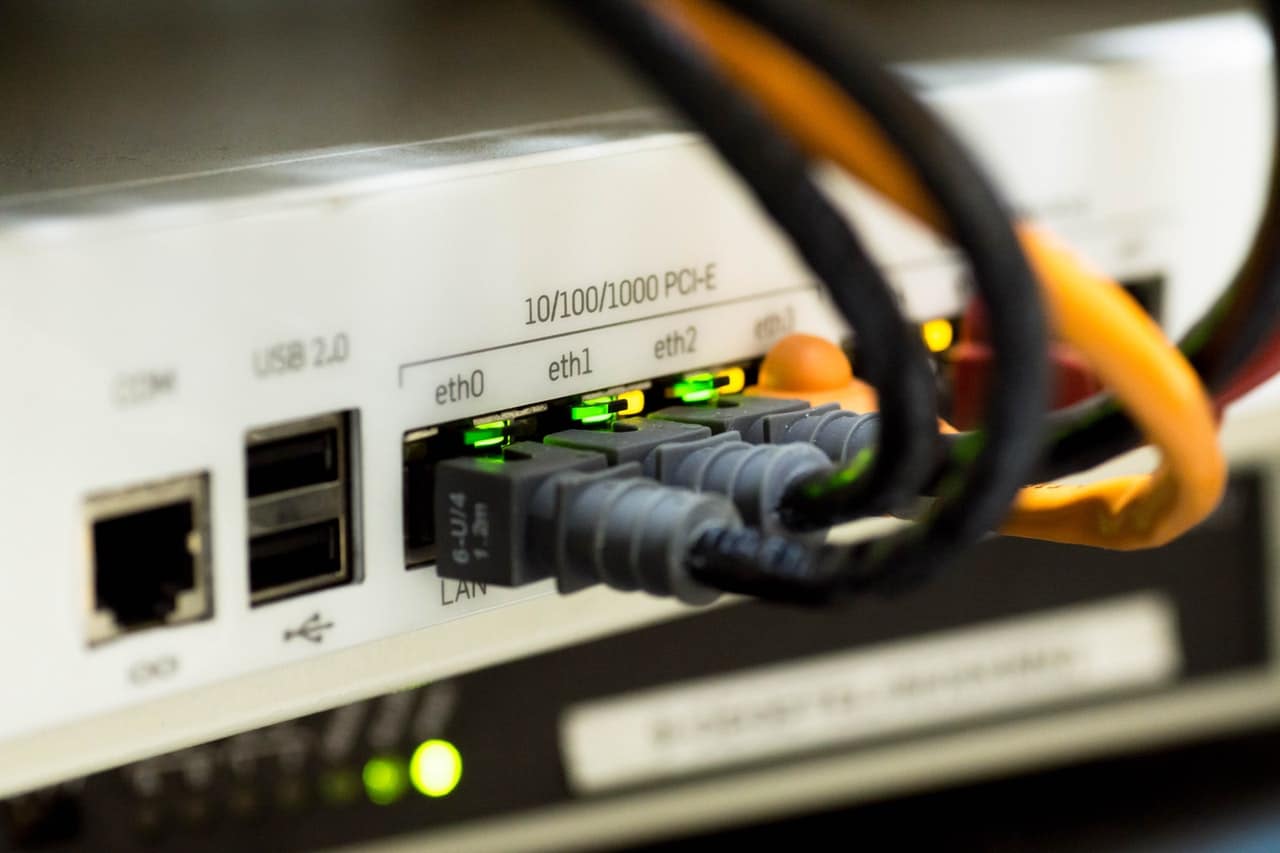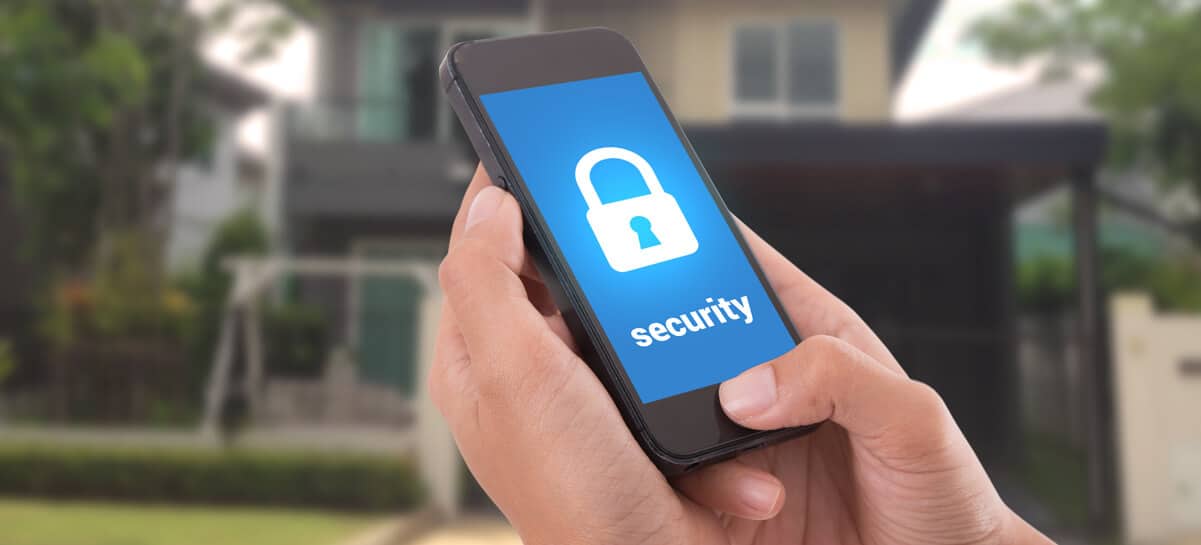Home security technology is getting more and more advanced, making homeowners feel safer and reducing crime rates—or at least making more crimes solvable. Homeowners can shop around to find the best home security systems in their area, or stitch together their own suite of smart home security devices. These devices – which include cameras, doorbells, and even smart speakers – are monitoring devices, can help you keep an eye on your home when you’re away, or deter thieves from targeting your home.
That said, some of these devices may require you to compromise your privacy—at least partially. So should homeowners be worried about their security tech taking over?
IMAGE: PEXELS
Key Areas Of Concern
Let’s specifically identify the potential causes for concern.
- Cameras and spying. It’s easy for customers to feel paranoid about the potential for spying on their families and home life, but it’s unlikely that security companies would intentionally attempt to invade your privacy this way. Instead, it’s possible for an external party (i.e., a would-be burglar) to gain access to your recorded footage and use it to exploit your home. For example, they could see where your cameras are pointing, learn your habits, then strike at your most vulnerable points.
- Network vulnerabilities. If someone is able to gain access to your Wi-Fi network, they could feasibly gain access to every device on that network. In other words, a single point of vulnerability between all your devices could lead to the corruption of your entire network.
- Misuse of data. Most companies offering IoT devices are, in some ways, gathering data on your home. That data has to be stored somewhere, and it’s almost certainly going to be used. That means there’s a chance for it to be used improperly, as was the case with the Facebook-Cambridge Analytica data scandal. This may or may not affect you individually, but is a legitimate concern for many.
Mitigating Your Risks
Thankfully, there are several strategies you can use to mitigate your risks while still getting the benefits of additional home security:
- Work with a trusted provider. First, do your research. Buy home security devices only from tech brands that you trust to handle your data responsibly (and provide sufficient security for your home). If you aren’t familiar with the brand, read some of the reviews, and see if you can find any evidence to support their competence as a security company. You’ll also want to scope out their security standards; what kind of encryption are they using? How are they keeping your data safe? If there’s any room for doubt, consider seeking an alternative competitor.
- Read the terms and conditions. Very few of us take the time to read the terms and conditions of the tech products and services we use on a regular basis. However, when it comes to home security tech, it’s not worth taking the risk of forgoing these important documents. Spend a few extra minutes to learn how this tech company operates, what its privacy policy is, how it intends to use your data, and how it’s going to keep your data safe. These documents aren’t always transparent or easy to understand, but you should be able to develop a better understanding of what you’re getting into after reading them.
- Keep your entire network secure. If you’re using multiple devices on the same network, it’s imperative that you keep your entire network secure. For starters, that means using an encrypted router with a strong password. But you’ll also need to vet the security and integrity of each device on your network. Even if one home security device has a security flaw, that could be enough to compromise your entire network.
- Regularly update your passwords (and choose strong ones). If a hacker is able to guess the password to your home security account, or if they can break into your account in any other way, they could gain access to anything that was recorded in your home—or in some cases, access to various devices in your home. For all your devices and all your accounts, be sure to choose strong passwords and change those password son a regular basis.
- Don’t neglect non-tech security upgrades. It’s easy to become reliant on technologically sophisticated home security features, but if you rely on them exclusively, it could mean making your home vulnerable in the event of an outage. Invest in non-tech security upgrades to your home, like better door locks and more secure windows.
These can’t protect you from every security risk of using high-tech home security devices, but the security risks of these devices aren’t egregious to begin with. Do your due diligence, think critically, and make smarter decisions for your home security needs.
If you are interested in even more technology-related articles and information from us here at Bit Rebels, then we have a lot to choose from.


COMMENTS